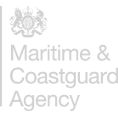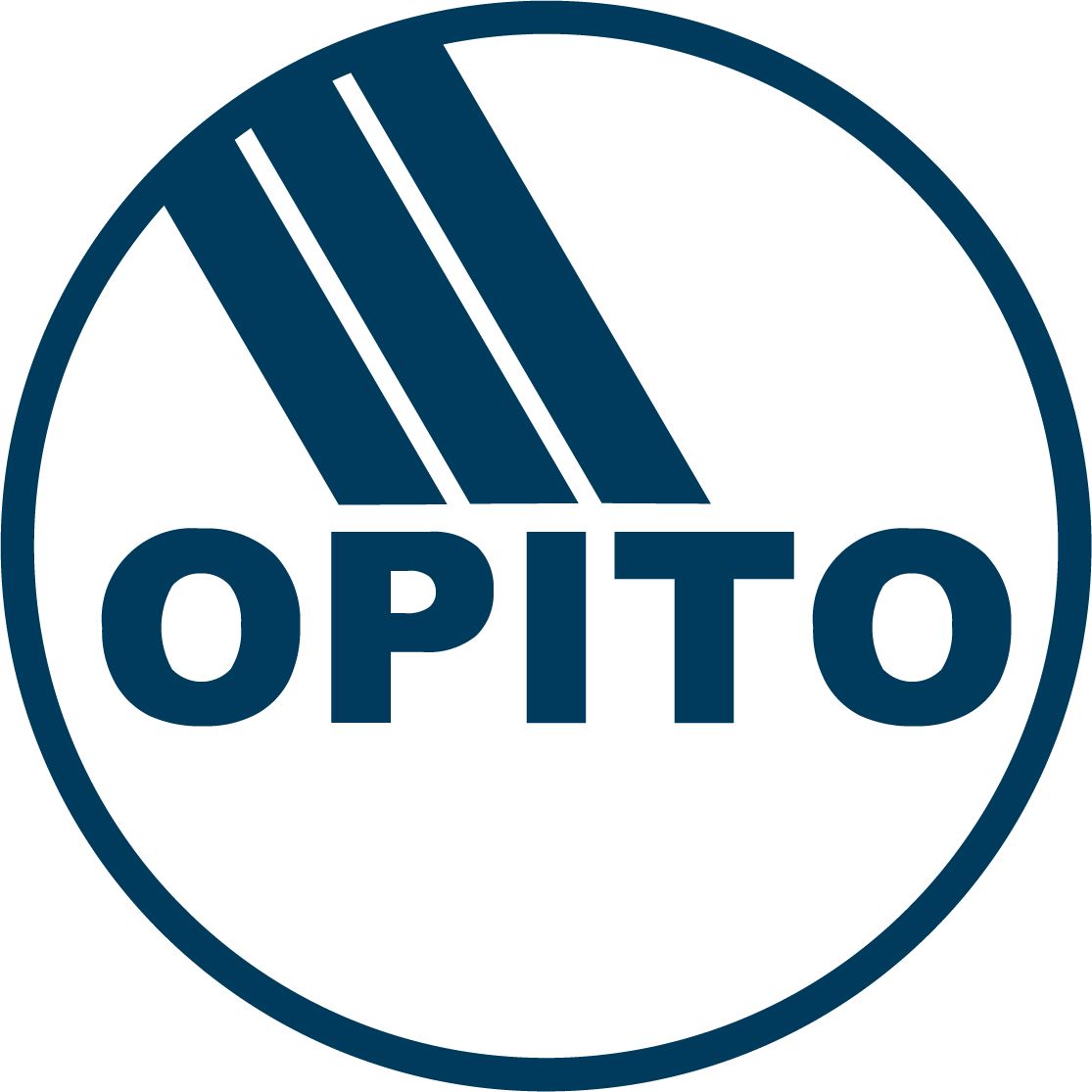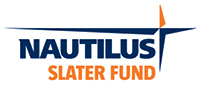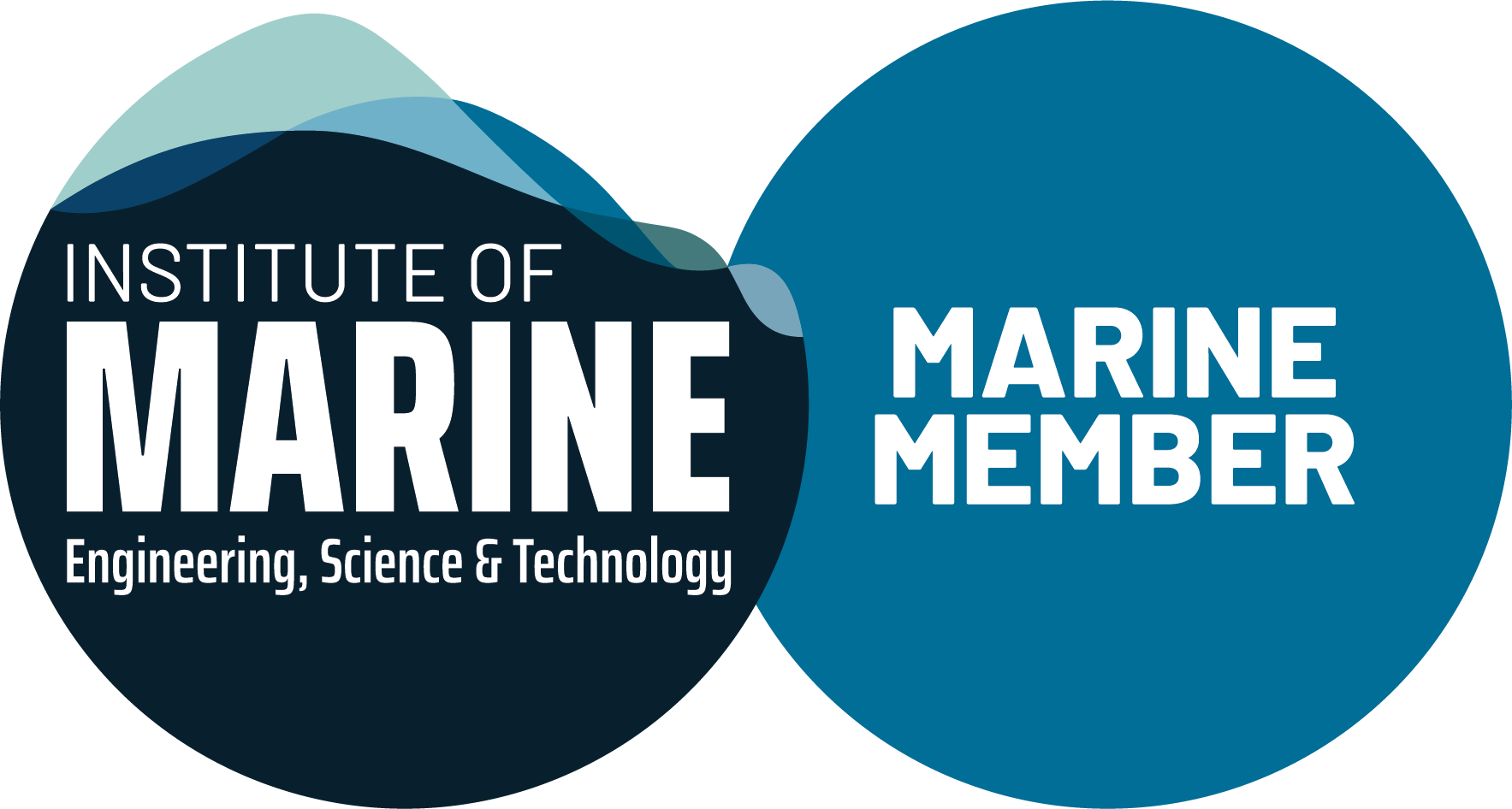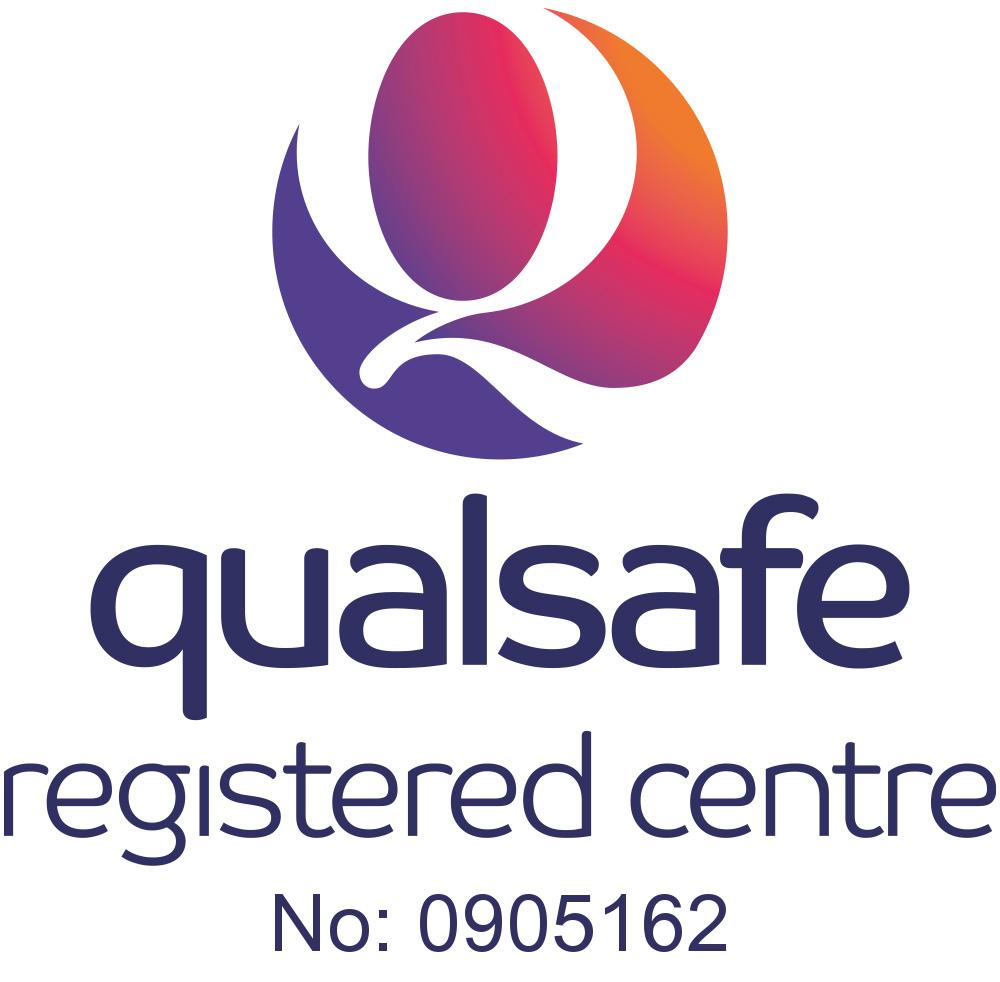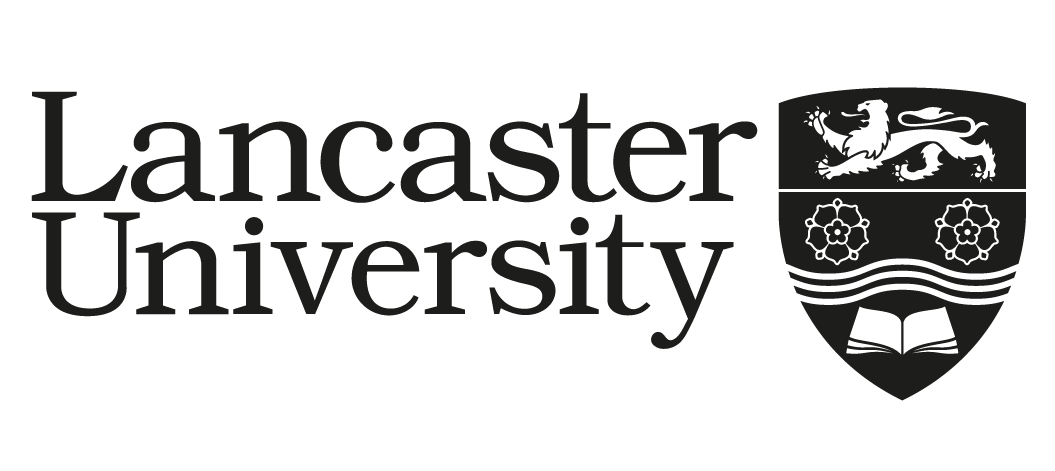Engineering Shipping and Maritime Operations - Level 3
Course Code: MF1FE18
Maritime & Nautical
Next course dates
Course Overview
A Merchant Navy career is much sought after because of the possibility of seeing the world and being trained while you earn a high, possibly tax free wage and get a generous amount of leave.
This qualification is an entry qualification for a wide variety of maritime employment. This award is available to non-sponsored candidates looking for careers in the Merchant Navy or wider maritime industry which includes river navigation and the offshore industry.
Studying at one of the UK’s top nautical institutions, you will benefit from expert tutors, a bespoke £1.2m Marine Engineering Centre and strong industry partnerships that lead to excellent employment opportunities.
Fleetwood Nautical Campus will ensure that all successful candidates get an interview with a shipping/cadet training company to obtain sponsorship to undertake a Merchant Navy cadetship.
This course is suitable for anyone aged 16 or over who is interested in a career at sea.
Entry Requirements
4 GCSEs or Scottish Standard Grades including English, Mathematics and Science – Grades 9-4 (England), 1-4 (Scotland), A-C (Wales).
To progress and gain sponsorship with a company, you must also be medically fit and able to see clearly with colour vision.
Details on the medical and eye test including colour visions are provided in this guide.
Qualification Obtained
Diploma in Maritime Studies
Assessment Methods
Your course will consist of the following elements. Completion of all SQA academic units will lead to the achievement of a Level 3 Diploma in Maritime and Shipping Operations
- Level 3 Shipboard Operations: An Introduction
- Level 3 Maritime Industry: An Introduction
- Level 3 Naval Architecture – An Introduction
- Level 3 Transverse Stability of Ships: An Introduction
- Level 3 Maths for Maritime (Engineering)
- Level 3 Marine Thermodynamics: An Introduction
- Level 3 Marine Mechanics: An Introduction
- Level 3 Electro-technology: An Introduction
- Level 3 Marine Engineering Practice: An Introduction
- Enrichment
- Work experience
Students are assessed by a combination of presentations, written examinations, a portfolio of evidence, assignments, projects, observation and reviews.
Teaching and Learning Methods
The majority of the teaching and learning are delivered by class room teaching, outdoor learning, activity based learning, ship visits and tutorials. There will also be an element of independent learning to prepare for the higher education you will progress to after this qualification.
Independent learning is mainly by e-learning using electronic material and college’s Virtual Learning Environment Canvas.
Throughout the programme of study, you will be formatively assessed in the classroom using short pieces of work, oral examinations, report writing on the ship visits and short tests in the class. There will be summative exams which are either written or oral examinations under controlled conditions, for the units you study in the Level 3 Diploma.
Industry Placement and Field Trips
As part of this programme, you may have the opportunity to visit working vessels whilst in port. You will also undergo work experience where you will have the chance to work alongside shore-based maritime professionals.
Other Costs and Equipment Needed
There are no additional costs needed to complete this course.
You will require access to a laptop or device with internet access.
Mandatory requirements
- Non-programmable scientific calculator
- Writing materials and drawing instruments, which can be purchased from college or any other supplier. When purchasing standard items, the cost will not normally exceed £100. You will be required to purchase these at the start of the course.
Expert Tutors
All staff involved in the delivery of any courses within the College are approved to teach and/or assess the subjects and modules they deliver. The approval process ensures that staff delivering and/or assessing a given programme are appropriately qualified, with relevant technical and industrial experience and professional practice.
Tuition Fees
Read our tuition fees guide.
Regulation and Accreditation
Accrediting Institution: N/A
Terms and Conditions
Read our full terms and conditions for more information.



